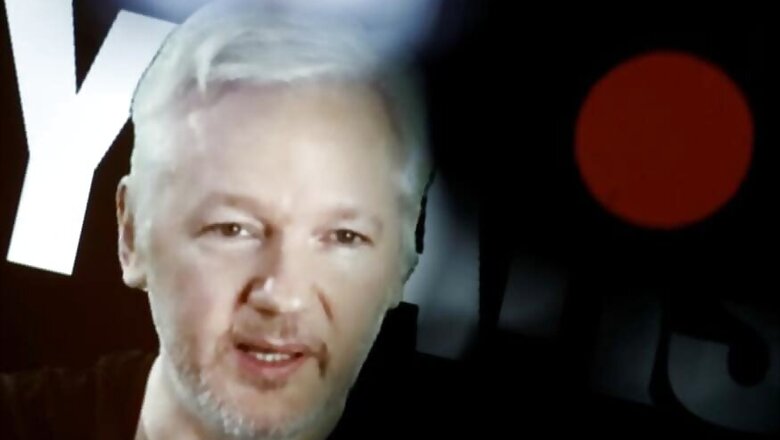
views
Ecuador says it has temporarily cut off internet access to WikiLeaks founder Julian Assange over fears he was using it to interfere in the US presidential election.
The move comes in the wake of the publication of leaked emails by WikiLeaks, including emails from the account of Democratic candidate Hillary Clinton's campaign adviser John Podesta.
The Ecuadorean Foreign Ministry on Tuesday said WikiLeaks' documents could interfere in the electoral process.
It said Ecuador "respects the principle of non-intervention in the internal affairs of other states" and had cut off the internet access available to Assange because "in recent weeks WikiLeaks has published a wealth of documents, impacting on the US election campaign.
"In that respect, Ecuador, exercising its sovereign right, has temporarily restricted access to part of its communications systems in its UK Embassy," the statement said.
Ecuador clarified the move was not a result of pressure from Washington.
The US denied WikiLeaks' accusations on Sunday that it had asked Ecuador to stop the site publishing documents about Hillary Clinton.
The Ecuador statement also reaffirmed the asylum granted to Assange and reiterated its intention "to safeguard his life and physical integrity until he reaches a safe place".
Assange's internet access was cut off on Monday morning.
Assange has sought asylum at London's Ecuadorean embassy since 2012 to avoid extradition to Sweden over sex assault allegation.
According to the latest leaked emails, Clinton told a Goldman Sachs conference she would like to intervene secretly in Syria.
She made the remark in answer to a question from Lloyd Blankfein, the bank's chief executive, in 2013 -- months after she left office as the Secretary of State.
"My view was you intervene as covertly as is possible for Americans to intervene," she told employees of the bank in South Carolina, which had paid her about $225,000 to give a speech.




















Comments
0 comment